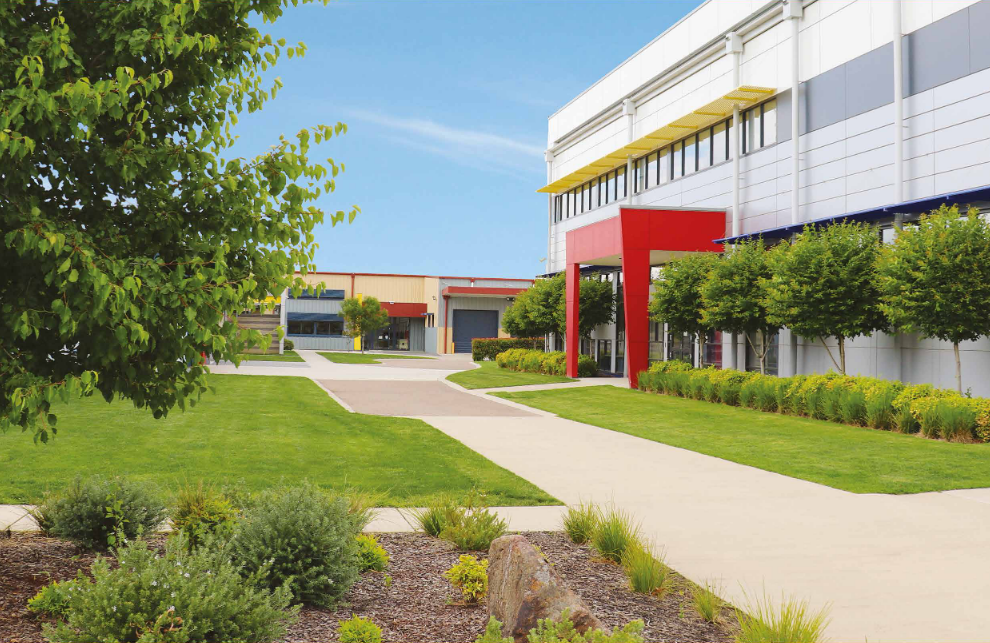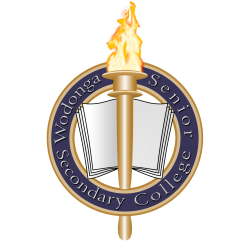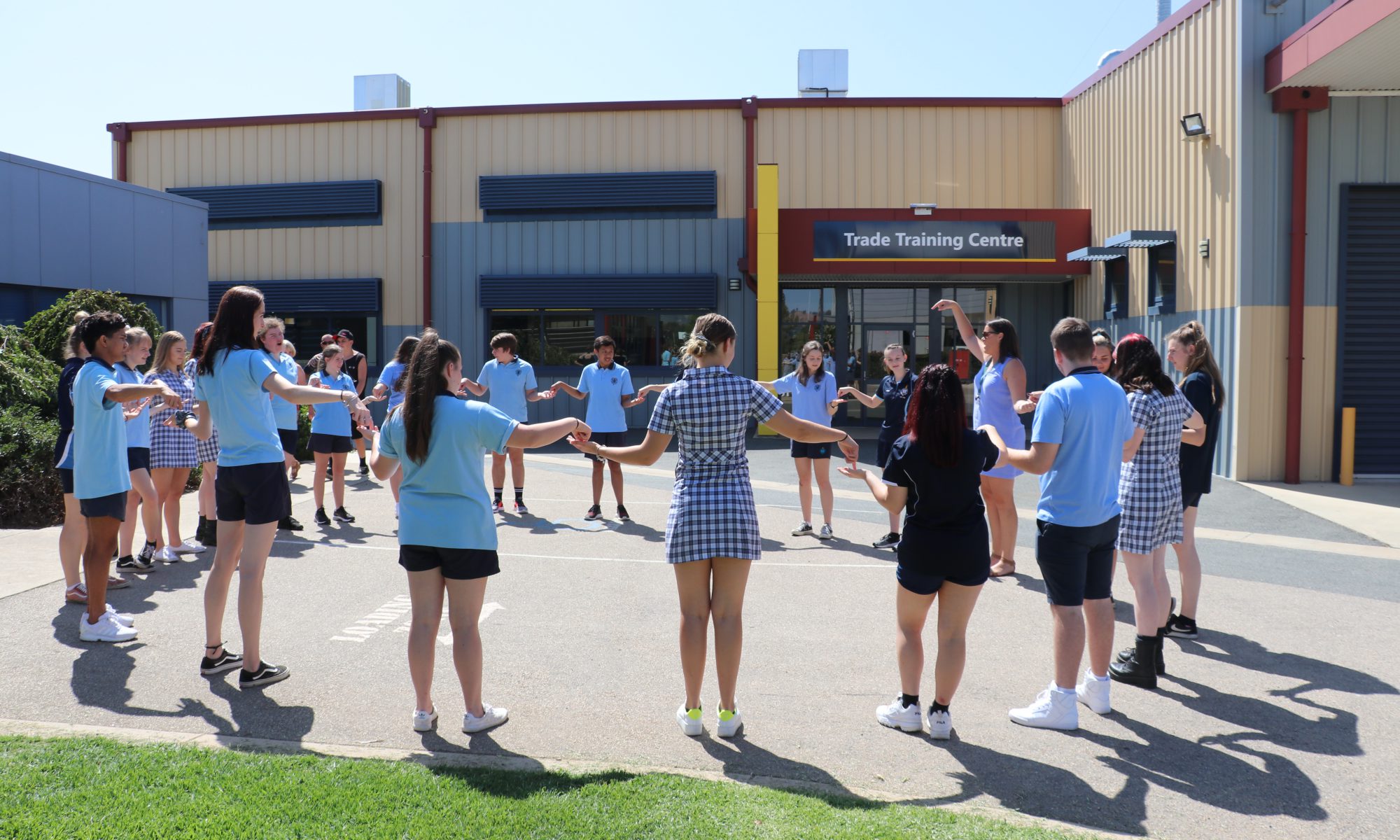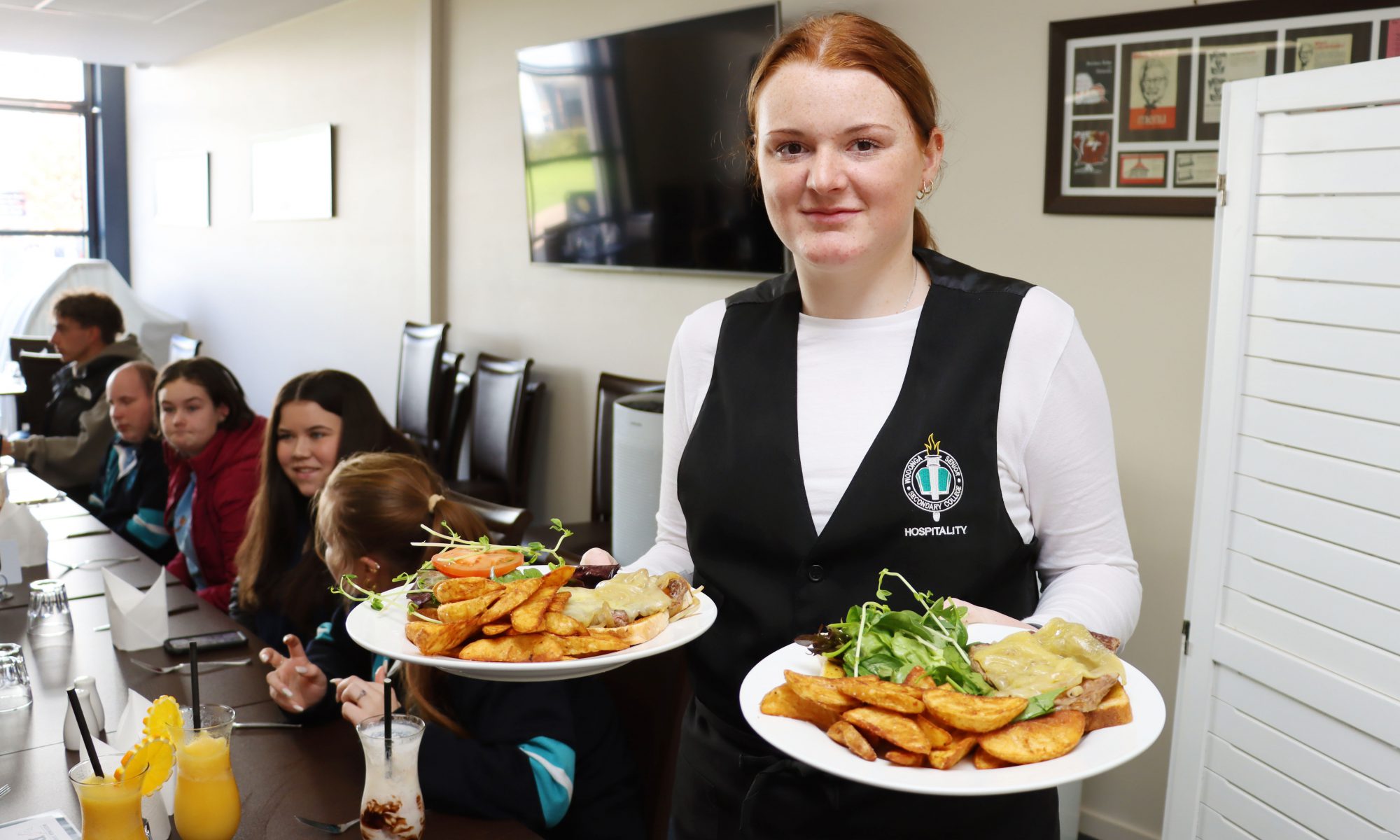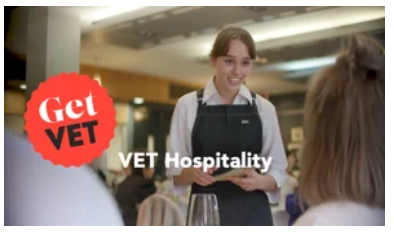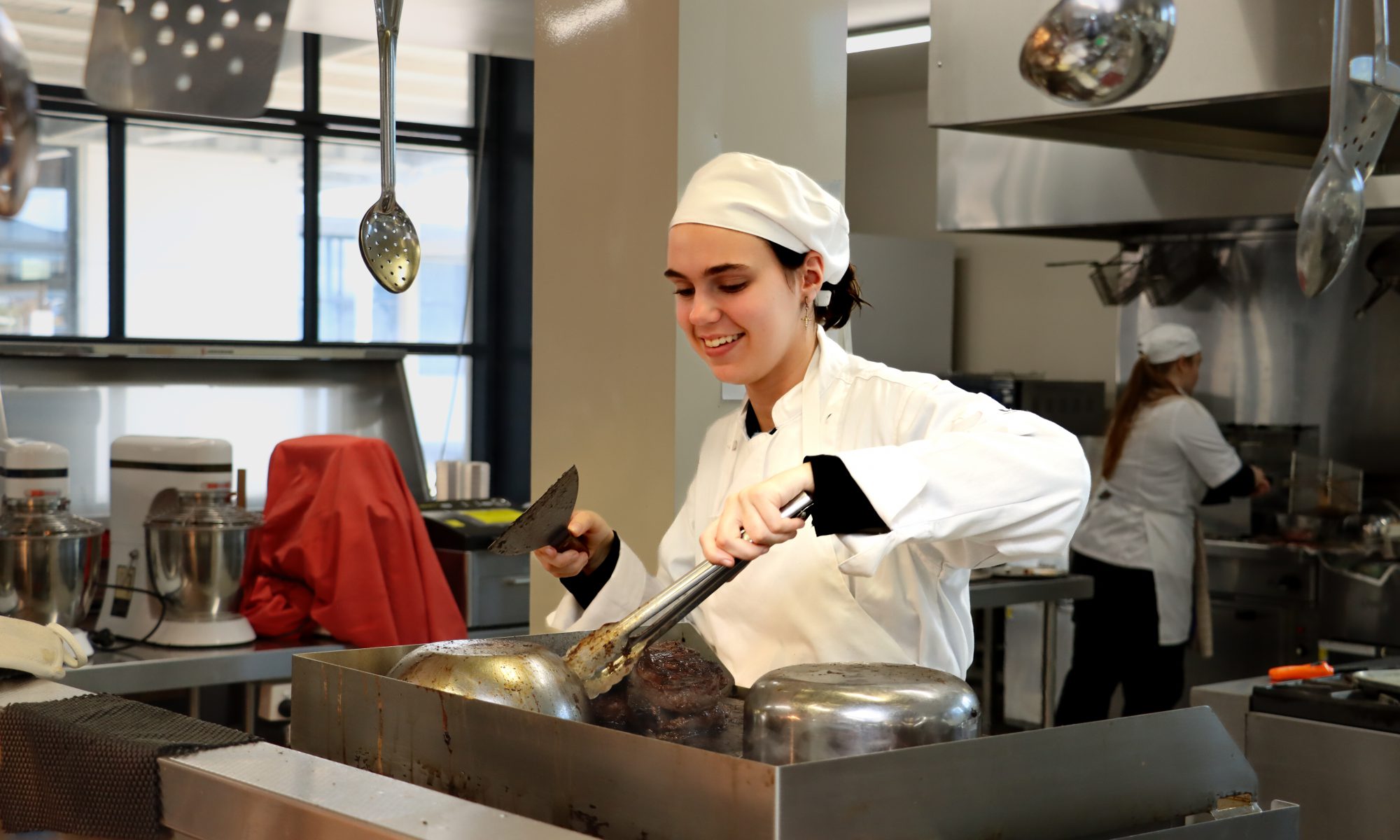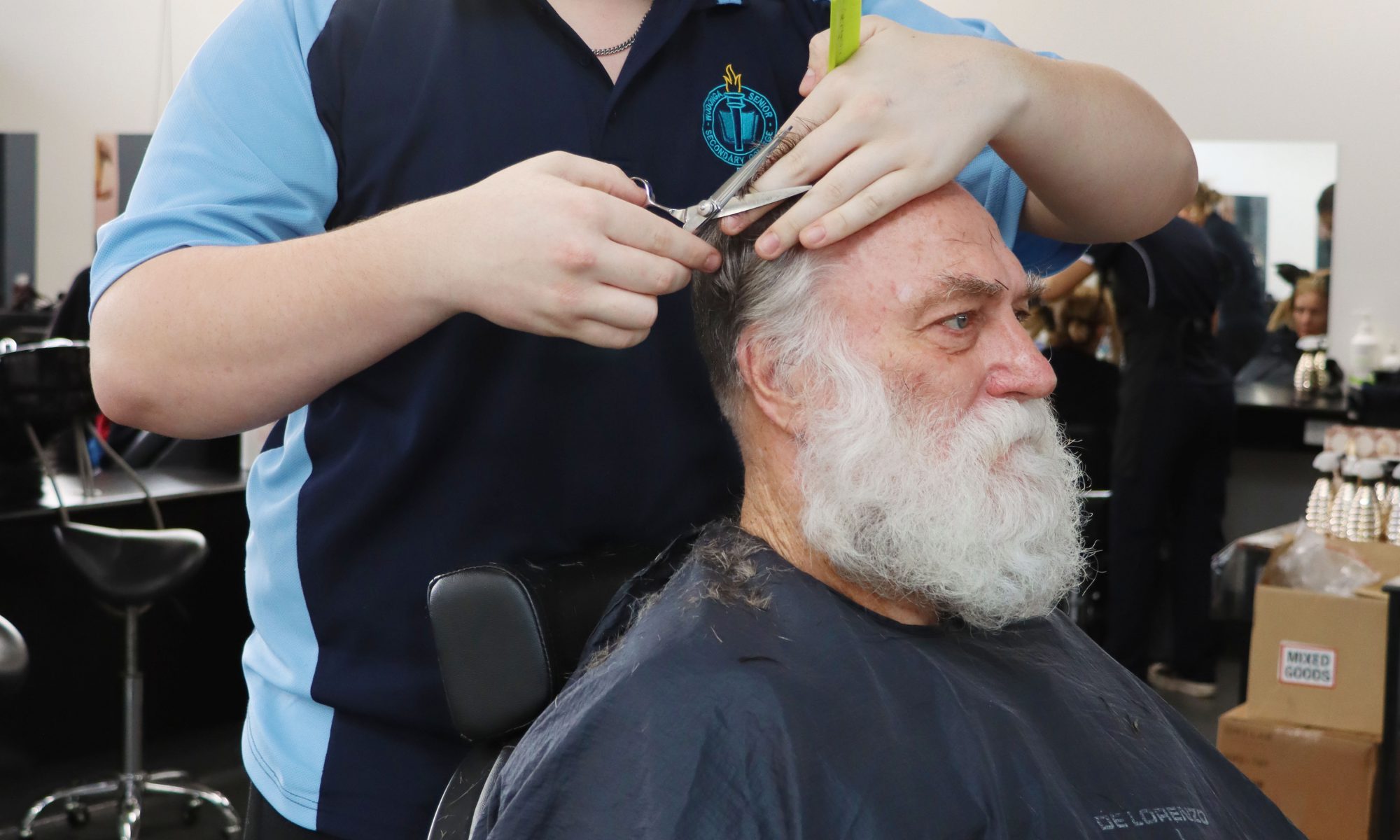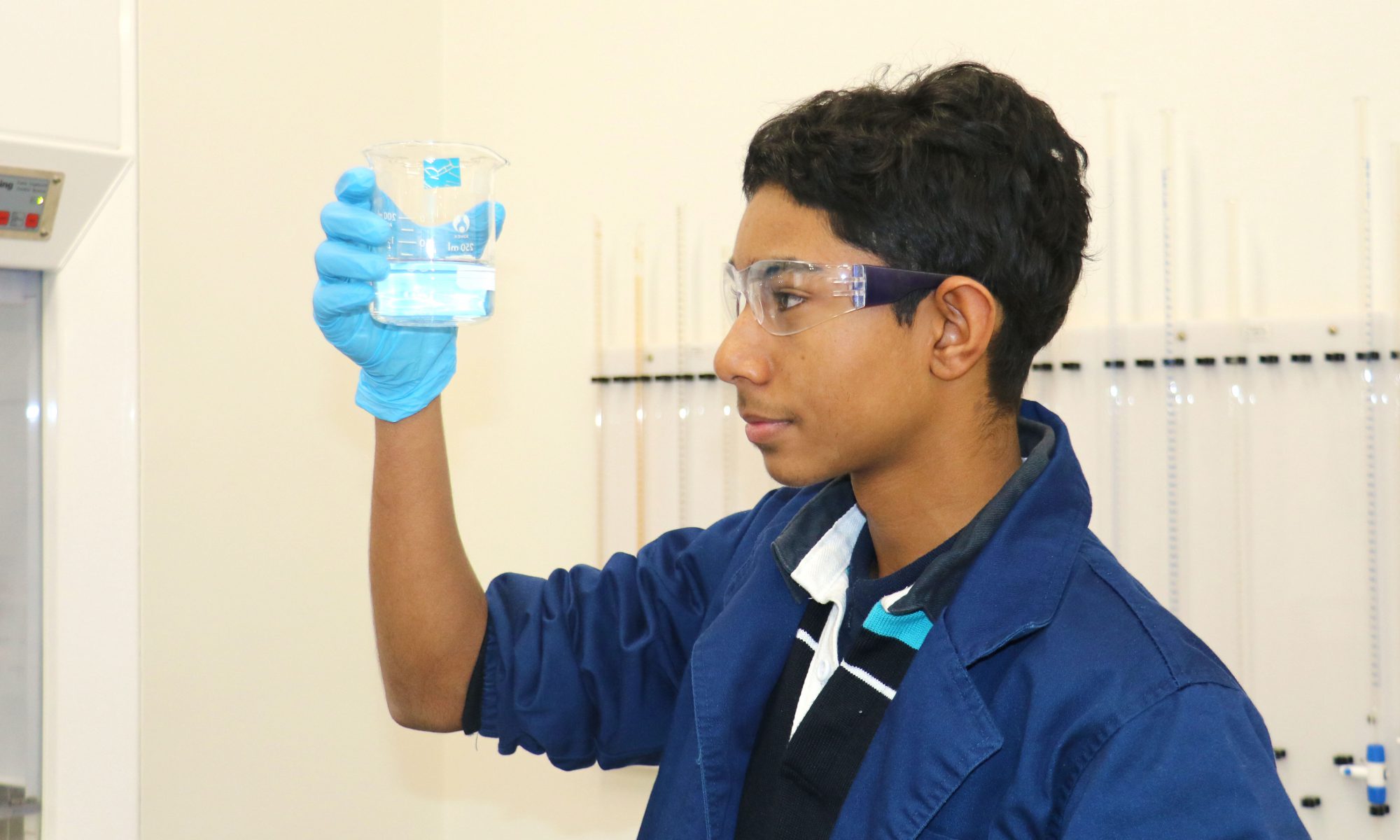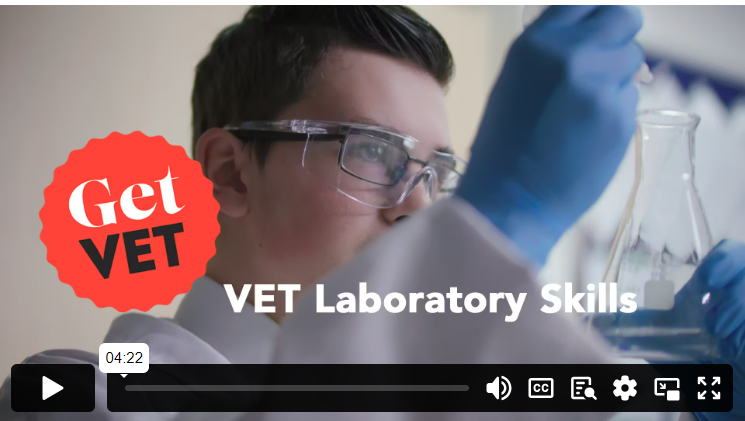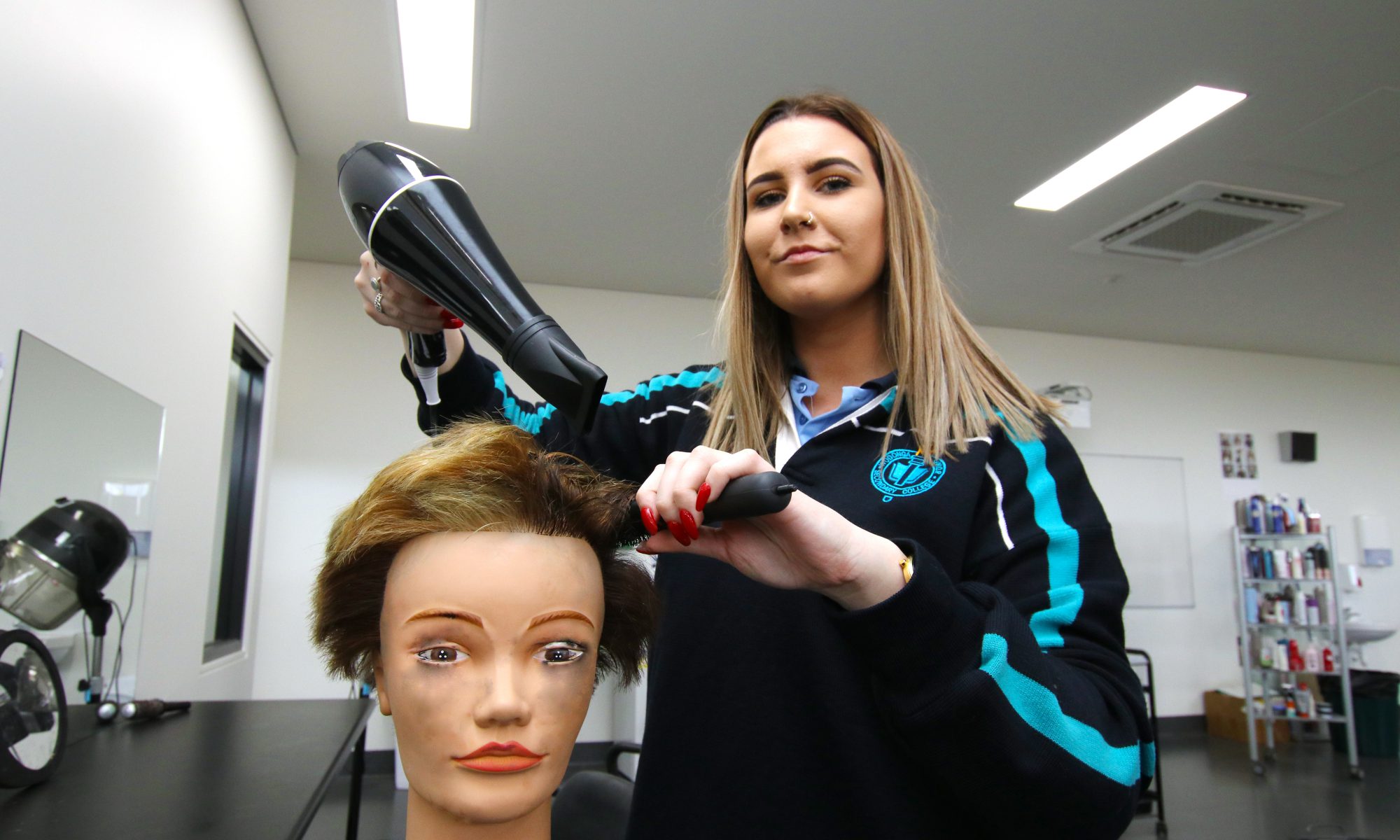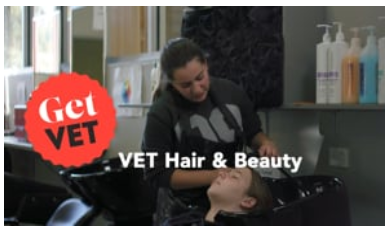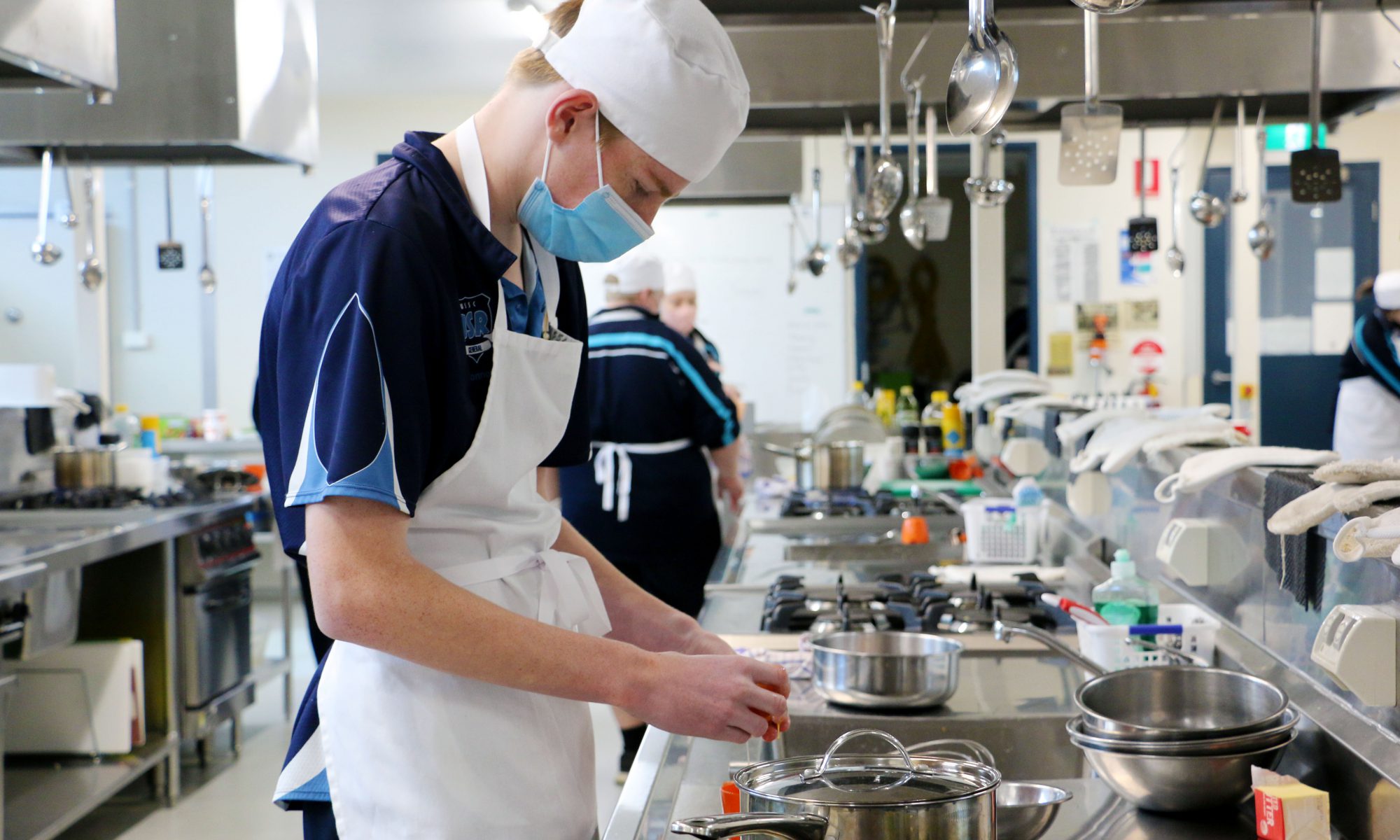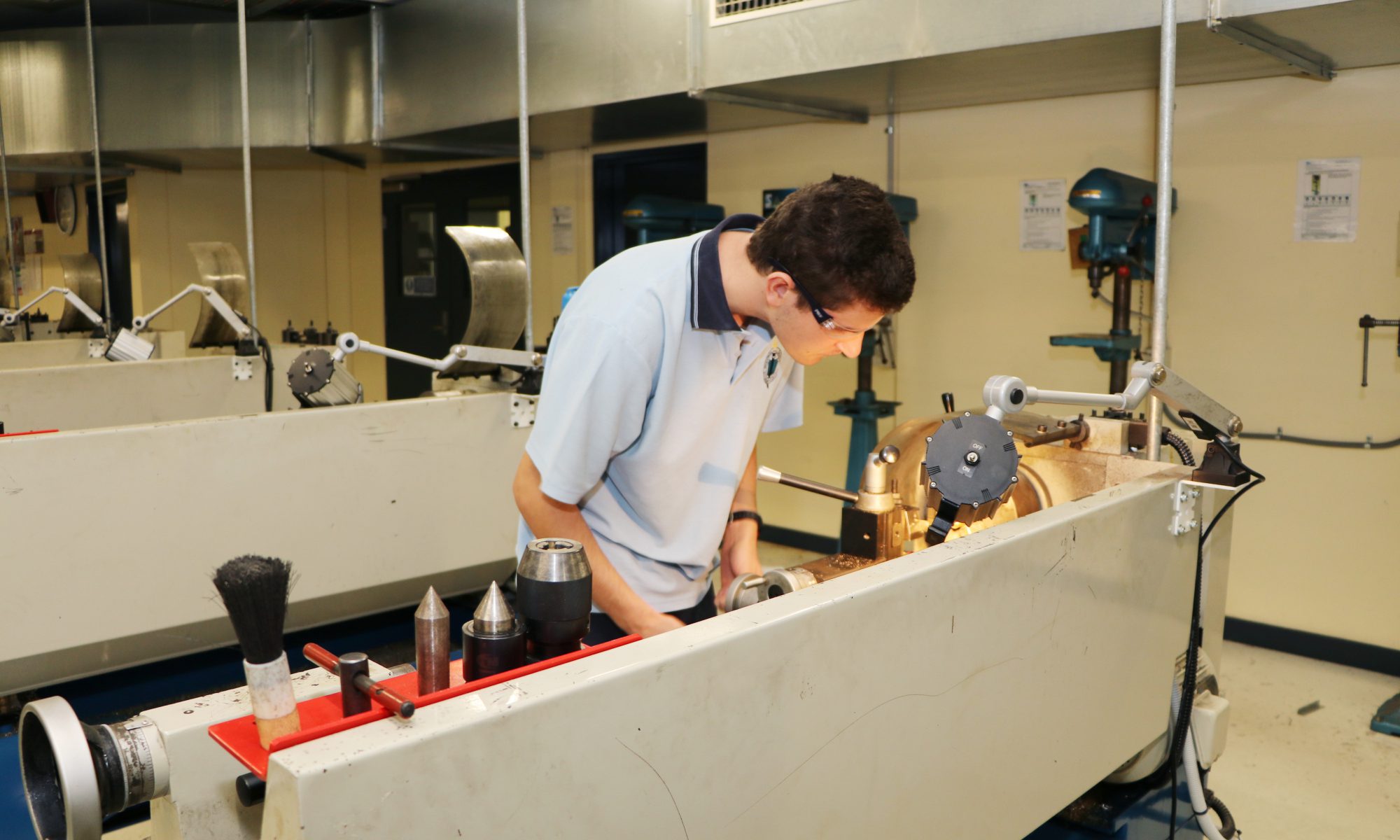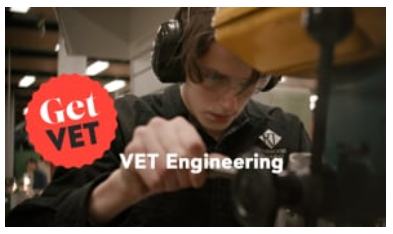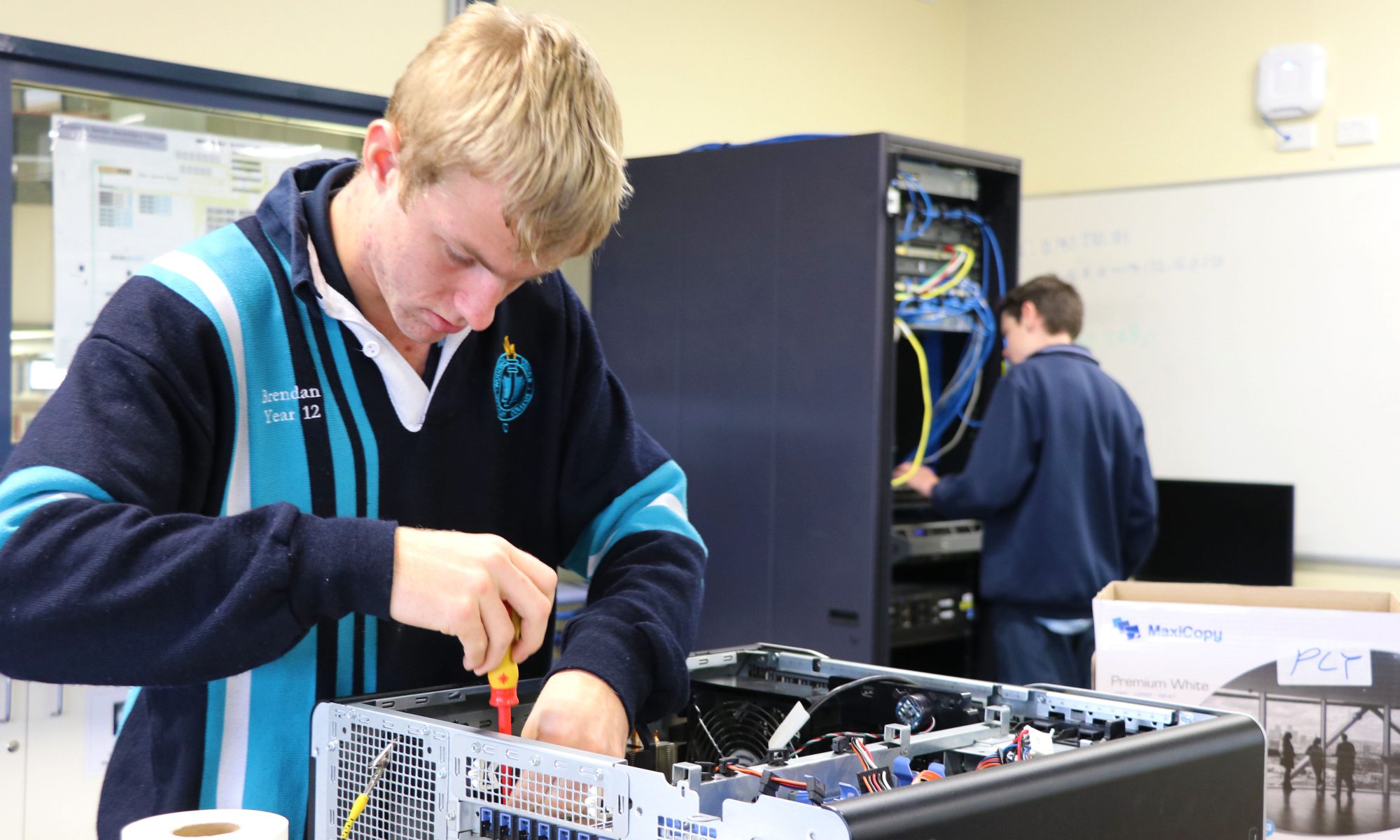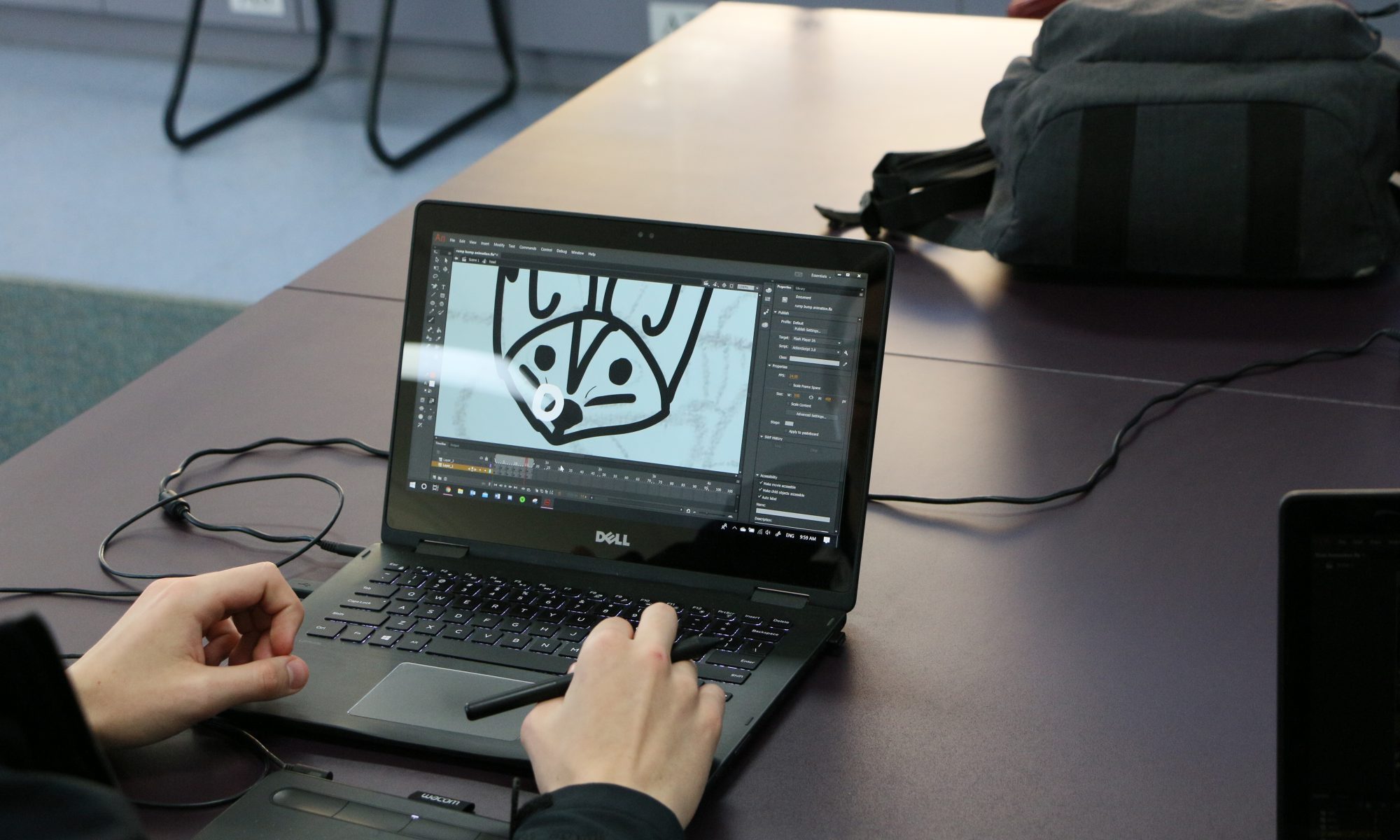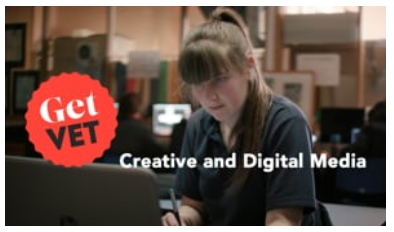VCE VET Community Service
Course Summary
Are you looking to pursue a career in youth work, mental health, disability or aged care? Do you enjoy spending time with children? Seeing them grow and develop? VCE VET Community Services might be a good pathway for you. By studying this subject you will build an understanding of the broad community service industry, develop essential communication skills, enhance your employment opportunities and be ready to make a difference.
VCE: Unit 1, Unit 2 and Unit 3 & 4 sequence available
ATAR Contribution: Unit 3 & 4 students complete scored assessments and an exam to attain a Study Score that contributes to an ATAR
VET: Students who complete Unit 1 and 2 will receive a Certificate II in Community Services. Students who complete Units 1-4 will only receive a Statement of Attainment (partial completion) under CHC32015 Certificate III in Community Services.
Learning Activities & Assessment
- Working with diverse people
- Communication in the workplace
- Work health and safety
- Providing initial advice to clients, patients, or customers
- Teamwork
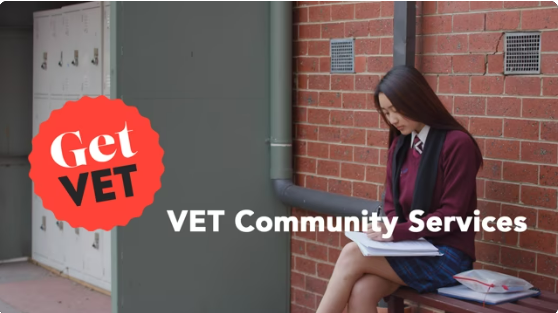
Classroom Virtual Tour
Quick Links
Approximate Costs
Unit 1 & 2
N/A
Unit 3 & 4
N/A
Learning Area Contact
Technology Learning Area Leader
